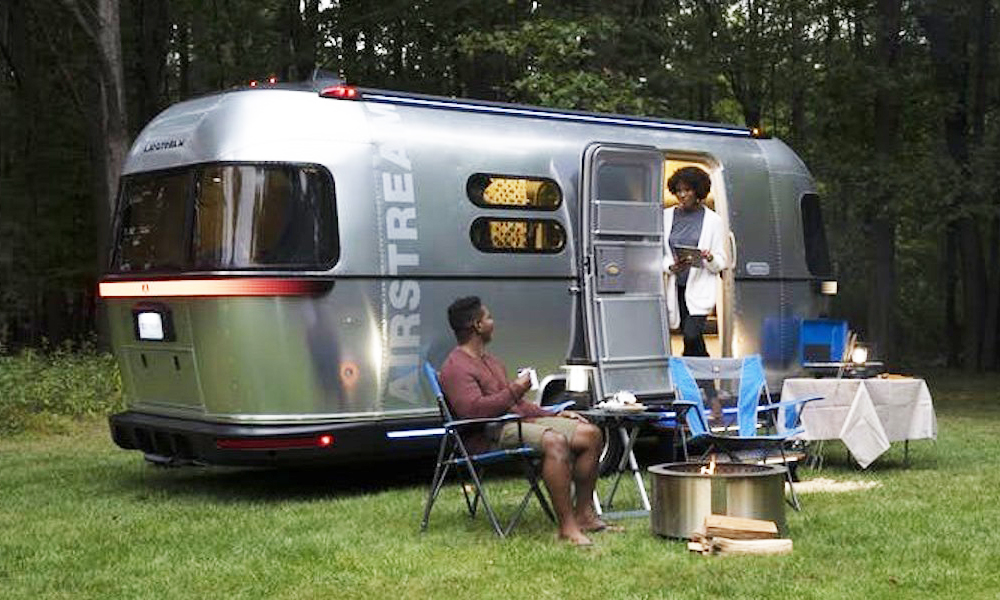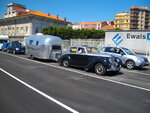Another question is that if the caravan is in storage for a couple of months and the batteries go flat, isn't there a possibility that with the batteries drawing power from the towing vehicle to recharge it will substantially reduce the towing range?
Firstly if an 80kWh was drained by an alarm or similar items in just a few months, there is something seriously wrong either the appliances or the battery. Also I doubt the battery for the driven wheels in the caravan would be recharged by the car so that should not be a problem for the car.
Also if on an electric hookup surely with batteries recharging they will draw a lot more electric to charge up therefore making the case of installing metering per pitch very valid?
On CAMC sites numerous bollards have four connections so to instal metering may require for the whole bollard to be changed. On many CLs many bollards have at least 2 connections so for owner to install metering it may be an expensive exercise and simply cheaper to shut down the CL? Also the issue of unscrupulous people swapping connections when the other user is out and about. We have had this happen to us on at least 2 occasions, once of a CL and another time on a commercial site while we were out although the pitches were not metered.
I think the issue of caravan pitch outlets is likely to arise with or without the Airstream type of caravan as drivers move over to EV's. If CL's or any other site owner is concerned about the issues you have described, they are going to have to come to some sort of arrangement anyway to cater for EV's in the near future.
Perhaps site outlets will need to be locked in some way that prevents the unauthorised removal of a plug connector. It could be a mechanical interlock that cuts the power if the plug is removed, and it needs the site operator to reset it each time.
Metering is certainly possible, and yes it will involve a cost to the site owner, but that's no differnt to the cost of adding or modifying any type of service, and must be covered in their business plans. But metering isn't going to solve the theft of electricity as you describe.
Its almost certain that adapting sites for EV's or high demand caravans, is going to require some investment, adn that will lead to increased pitch fees.

 www.electrifying.com
www.electrifying.com



